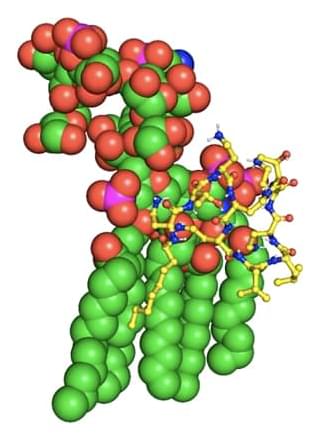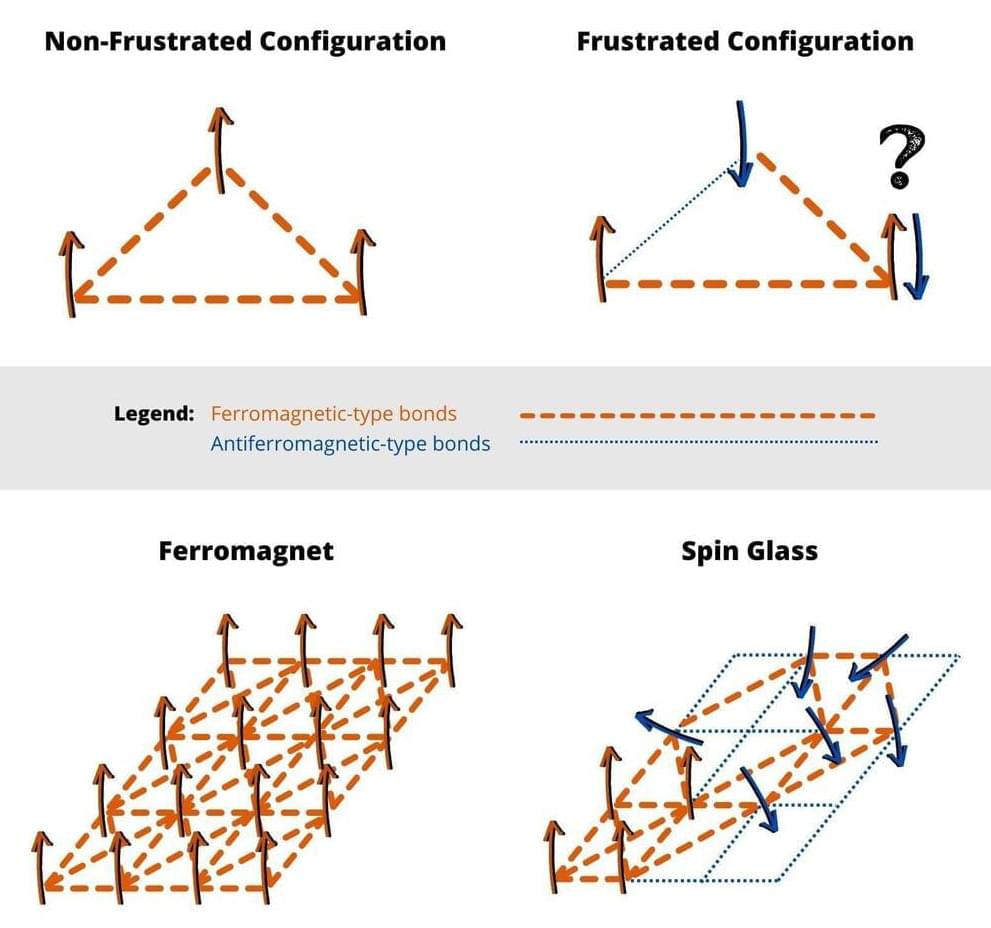The gentle system uses a soft micro finger that allows for safe interaction with insects and other microscopic objects.
Entomophilous out there, ever wanted to cuddle a bug? Brush through the tiny wings of a dragonfly? Tickle insects? Researchers in Japan have created what you’ve always wanted — a soft micro-robotic finger that allows humans to directly interact with insects at previously inaccessible scales.
Previously, we did have access to insect environments. For example, microbots could interact with the environment at much smaller scales, and microsensors were used to measure forces exerted by insects during flight or walking. However, most of these studies only focused on measuring insect behavior instead of direct insect-microsensor interaction.
Now, researchers from Ritsumeikan University in Japan have developed a soft micro-robotic finger that can enable direct interaction with the microworld. Led by Professor Satoshi Konishi, the study was published in Scientific Reports.







